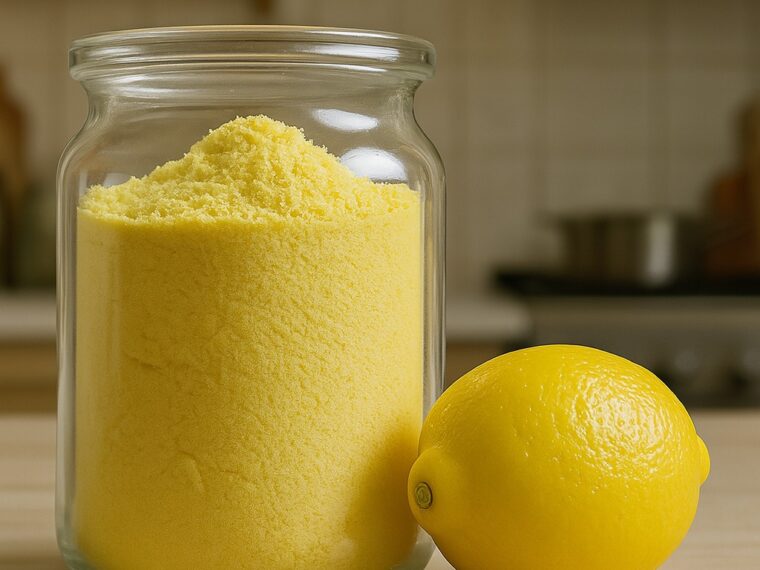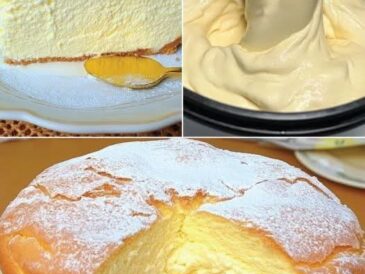1. Desserts
- Cakes, muffins, cookies
- Lemon sugar: mix with white sugar for an aromatic boost
2. Savory Dishes
- In rubs and marinades for fish, chicken, or vegetables
- Sprinkle over roasted veggies or pasta for brightness
3. Beverages
- Mix in smoothies or tea
- Stir into yogurt or salad dressing
💡 Enhancing Flavor Without Moisture
In baking or dry rubs, liquid lemon juice can ruin textures. Lemon powder adds flavor without moisture, making it ideal for:
- Macarons
- Pancake mix
- Spice blends
🧖♀️ Bonus: Use in Skincare
Lemon powder can be added to DIY face masks and scrubs for its brightening and antibacterial effects. Just be cautious on sensitive skin and avoid sun exposure immediately afterward.
📦 Shelf Life and Storage
- Keep in a cool, dark place
- Ensure the powder is completely dry before storing
- Best used within 6–12 months for maximum flavor and potency
🚫 Common Mistakes to Avoid
- Don’t use the white pith – it’s bitter
- Don’t store with moisture – it’ll clump or mold
- Don’t skip organic lemons – wax and pesticides can ruin flavor and health value
🌍 Zero-Waste Kitchen Hero
By transforming something often discarded, lemon powder supports:
- Sustainable cooking
- Full-fruit usage
- Lower grocery bills
🔬 Backed by Research
Studies such as one published in Food Chemistry (2016) found that lemon peel extract shows antioxidant and antimicrobial properties, making it not only flavorful but beneficial for health too.
🧾 Conclusion
A pinch of lemon powder does wonders—from brightening cakes to enriching soups and promoting better digestion. It’s easy to make, cost-effective, and powerfully aromatic.
So next time you use a lemon, don’t toss the peel—transform it into culinary gold!
❓FAQs
1. Can I use other citrus peels the same way?
Yes! Orange, lime, and grapefruit peels can also be dried and powdered.
2. Is lemon powder the same as lemon zest?
No—zest is fresh and moist, while powder is dried and shelf-stable.
3. Does it contain sugar or calories?
Virtually none. It’s mostly fiber and essential oils.
4. Can I use it in cold dishes?
Absolutely! Just sprinkle for extra zing.
5. Does drying destroy nutrients?
Some Vitamin C is lost in heat, but most flavonoids and oils remain intact.




